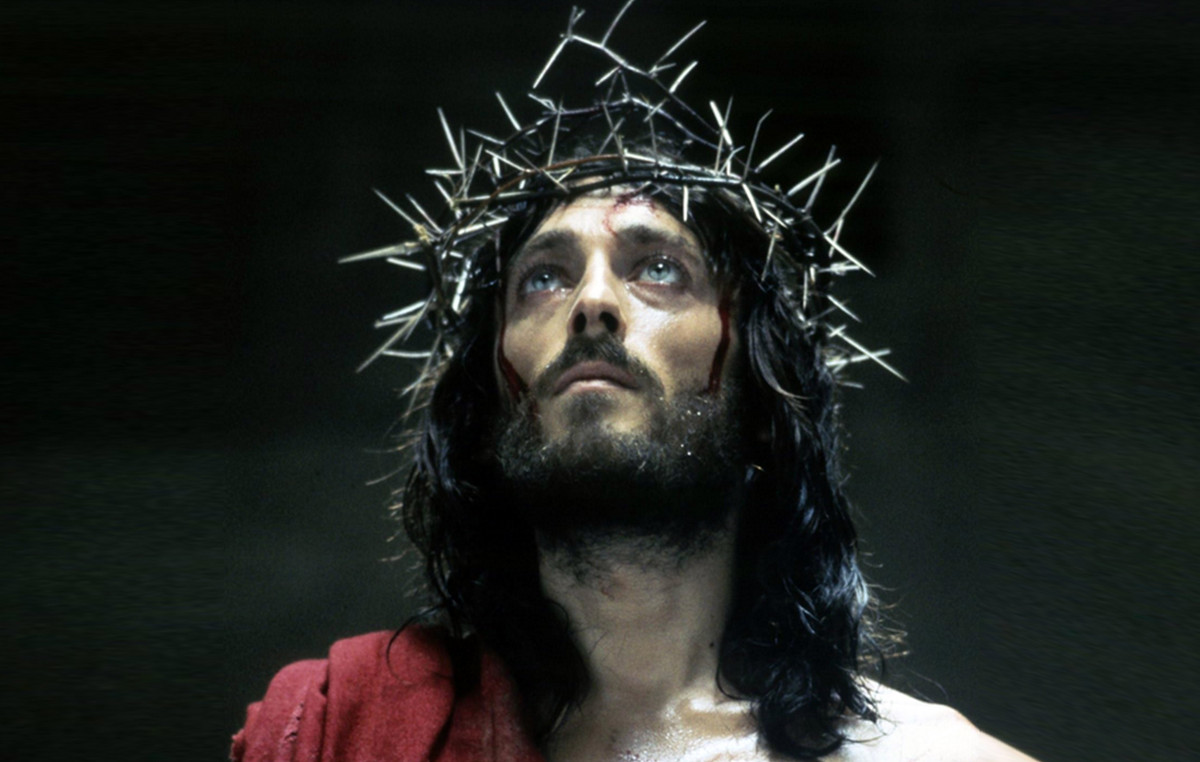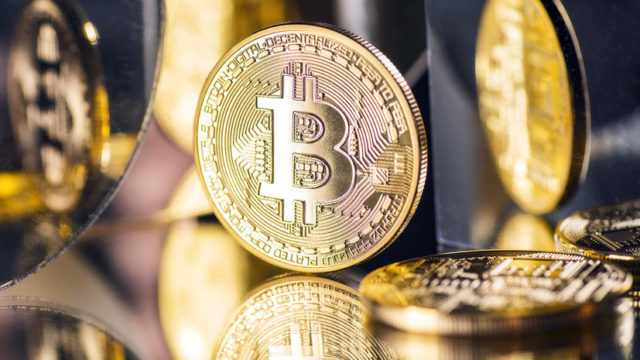The image of the millionaire who “bets” exorbitant amounts on the financial market cannot be further from the reality of the new investor profile at B3, the Brazilian stock exchange.
With the reduction in the average age of individuals with an account on the Stock Exchange, the small investor came to dominate. Today, 56% of B3’s customers have a monthly income of up to BRL 5 thousand and only invests R$ 50 in the first contribution to their portfolios.
As the new profile brings together people for whom the money lost in a downturn in the market can be sorely missed, the president of the Brazilian Association of Financial Educators (Abefin), Reinaldo Domingos, warns about the need to diversify the portfolio between options fixed and variable income.
“Investors need to separate only that resource that they know will not be needed and understand what their short, medium and long-term goals are”, says the specialist.
This is because, in addition to the incentive coming from banks and brokerages, a large number of producers of variable income content are already capitalizing on the niche of young investors.
B3 director responsible for the relationship with customers and individuals, Felipe Paiva explains that the Exchange is attentive to this movement — and has been trying to clarify the investment rules.
“Many are investing to learn. The idea is to show that this investment is long-term and is not a 100-meter race,” she says.
That’s why many people prefer to test investing in stocks little by little. This is the case of university professor Jéssica Silva, 31, who a year ago debuted at B3 with a monthly investment of around R$600.
“Before, I only used savings to save my money, but I decided to change to get a higher income in the long term”, he says.
Jessica hired investment advice because of her lack of experience. “My advisor is responsible for guiding me when deciding which company to invest in. He tells me the share code and I just go and make the purchase,” she explains.
Claims
There is also the fact that not everyone is aware of the rules of the market. Among the main doubts about charges on the purchase of shares, are the brokerage fee — a practice that is almost extinct in Brazil — and also the charge for custody of the papers.
Another mechanism that has led investors to make a formal request for reimbursement is compulsory liquidation.
Little known among newcomers to the stock world, it is a mechanism that allows brokers to reset client positions when a certain level of losses is reached.
The order to close the operation is automatic and can be costly. “The number of people in the market has grown a lot – and the communication process of this mechanism is not trivial”, says André Demarco, director of self-regulation at BSM Supervisão de Mercados.
Return to fixed income
Faced with the risks and rules, there are those who decide to return to fixed income. This is the case of student Yuri Modesto, 22, who opened an account at B3, but gave up on the idea three months later.
“I didn’t want to continue because of the Income Tax issue and also because I have no idea how external factors, such as politics, can influence the results (of actions)”, he says.
Record
The Brazilian stock exchange has just reached the mark of 5 million investors, with more than 2 million buying their first share over the last 12 months.
Ignoring the rise in interest rates, which has just returned to the double-digit level, the growth of individuals on the B3, the Brazilian stock exchange, remained robust, and the expectation is that the pace of the rise will be maintained.
“Before, there was talk of a war between variable income and fixed income. That doesn’t exist”, says Felipe Paiva, director of B3.
The average monthly growth of total investors has been around 4%, but an extra boost was registered with the IPO of Nubank, which took place simultaneously in São Paulo and New York, bringing more than 700,000 new buyers to the B3.
According to the Stock Exchange, even with the market volatility at the end of last year and the high cycle, the retention rate of this public has been high: of those who arrive, 80% invest in stocks for a long period.
The information is from the newspaper. The State of São Paulo.
Source: CNN Brasil
I am Sophia william, author of World Stock Market. I have a degree in journalism from the University of Missouri and I have worked as a reporter for several news websites. I have a passion for writing and informing people about the latest news and events happening in the world. I strive to be accurate and unbiased in my reporting, and I hope to provide readers with valuable information that they can use to make informed decisions.







